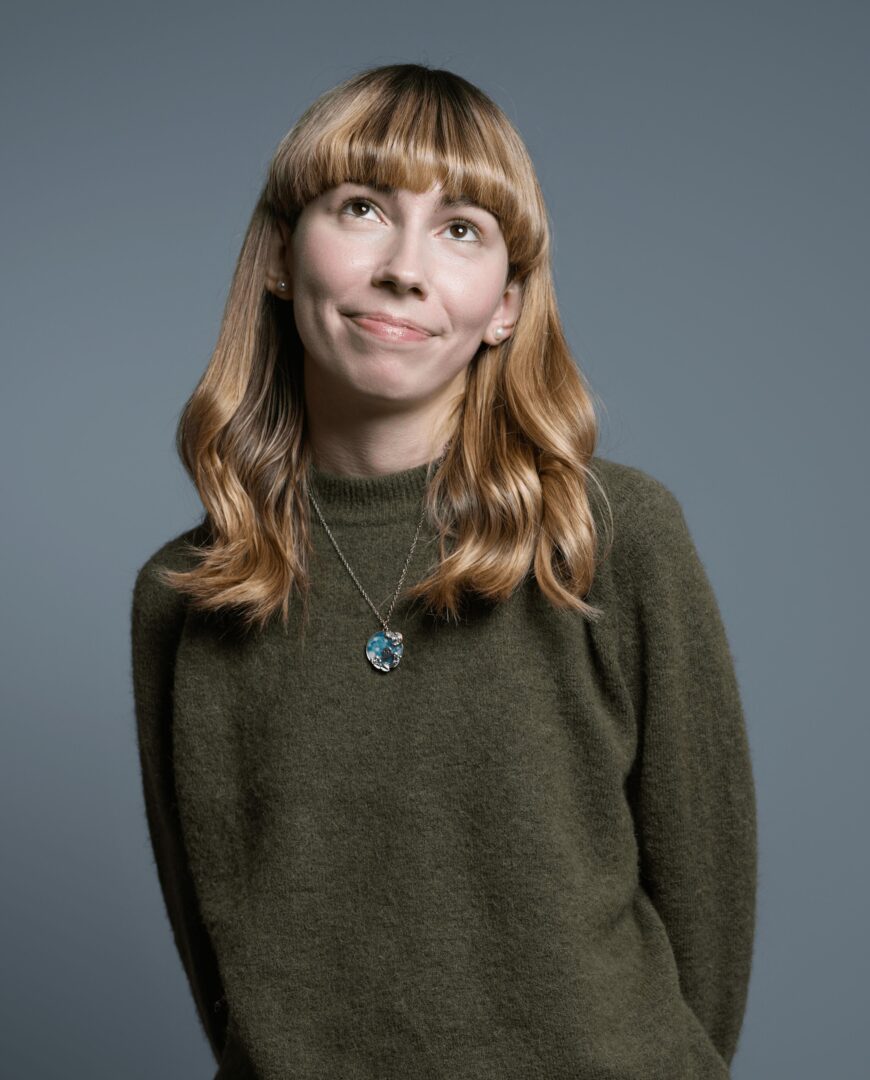Arianna Wellmoney shared their story and experiences with us recently and you can find our conversation below.
Hi Arianna, thank you for taking the time to reflect back on your journey with us. I think our readers are in for a real treat. There is so much we can all learn from each other and so thank you again for opening up with us. Let’s get into it: What do you think others are secretly struggling with—but never say?
I think a lot of people struggle with loneliness and with asking for help, even if they don’t say it out loud. Sometimes it’s as simple as showing up to a friend’s show, celebrating their wins, or just letting them vent when they’re going through something hard. I really try my best to be present for my friends and loved ones, because I know what it feels like to be lonely. That’s why, in my plays, I often include themes of connection, friendship, and loneliness—things I was searching for myself when I turned to art for comfort. I think our generation is getting too comfortable with saying things like “I don’t owe anyone anything” or “Put yourself first” , which are great ways of thinking when it comes to trying to survive in this capitalist society, but not as effective when it comes to connecting with our loved ones. We need community, we need to normalize taking responsibility and being inconvenienced when it comes to showing up for our friends.
Can you briefly introduce yourself and share what makes you or your brand unique?
My name is Arianna Wellmoney, and I’m a playwright, actor, and the founder of Wellmoney Productions, a film and theater company based in New York and Milan. What makes my work unique is that I always strive to blend humor with heart—inviting audiences to laugh while also reflecting on deeper themes like loneliness, connection, and the messy, beautiful ways we love and hurt each other. I became a playwright because I often didn’t see my experiences reflected in the media, so I decided to write the stories I was longing for. With Wellmoney Productions, I’m committed to creating safe, inclusive spaces and amplifying the voices of underrepresented artists. Right now, I’m working on new plays while also restaging past ones, always with the goal of building community and sparking conversation through art.
Appreciate your sharing that. Let’s talk about your life, growing up and some of topics and learnings around that. What relationship most shaped how you see yourself?
The relationship that most shaped how I see myself is the one with my parents. They’re incredibly selfless and caring, with such big hearts. They’ve loved me unconditionally since before I was even born, and they’re like my best friends. They’re both very smart and deeply creative, and I truly value their opinions and trust their judgment. They’ve always given me the freedom to grow my wings and learn from my mistakes, without judgment—only care. I am who I am today because of the foundation they gave me.
If you could say one kind thing to your younger self, what would it be?
I would tell her that it is okay to be herself! That she will find friends and creatives that will love and respect her for who she is. I would tell her she does not have to fit with the idea that society has of her. I would tell her that she will find her corner in the world and everything will be okay!
I think our readers would appreciate hearing more about your values and what you think matters in life and career, etc. So our next question is along those lines. What are the biggest lies your industry tells itself?
I think one of the biggest lies the industry tells itself is that it’s “inclusive.” The reality is that the people at the top are still overwhelmingly white men, and work from underrepresented voices—queer, Black, Brown, disabled, immigrant—is rarely prioritized or funded. Even in smaller productions, there’s this mindset that simply being around marginalized communities is the same thing as inclusion, when in fact it often just becomes tokenism. Casting diversely or using buzzwords in marketing isn’t enough—true inclusion means giving those artists the resources and power to create, lead, and tell their own stories.
That’s where I think white people like me need to do better. It’s not just about “sharing space,” it’s about intentionally making space—hiring, amplifying, and supporting in real, tangible ways. The industry has a long way to go, but I believe if we commit to real community and accountability, theater and film can become places where every voice is not only welcomed but valued.
Okay, so before we go, let’s tackle one more area. What do you understand deeply that most people don’t?
I feel that, from high school, I realized right away that life is too short. Any one of us could be gone the next day. I think it is worth considering when facing fear. We can always tell ourselves that we will chase our dreams next month, or try our new roller skates next week or tell our best friend we love them tomorrow. How about doing it today, now?
How about reaching out when you get that thought? How about doing something scary instead of staying home and scrolling your phone? How about going out of your way to say something nice to a stranger or make a person’s day?
Tomorrow is not promised. Tell everyone you love them now. I know it sounds cheesy, but also letting go of the fear of coming off as “cringe-y” is a form of freedom.
Contact Info:
- Website: https://www.ariannawellmoney.com
- Instagram: @ariannawellmoney
- Other: https://resumes.actorsaccess.com/ariannawellmoney
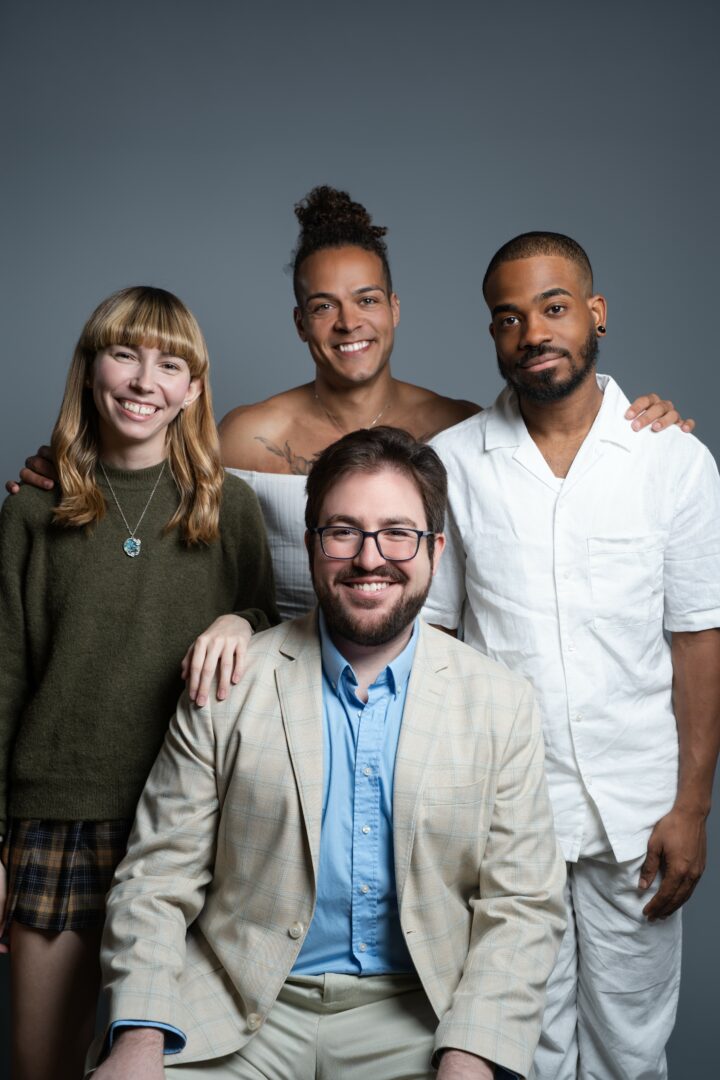
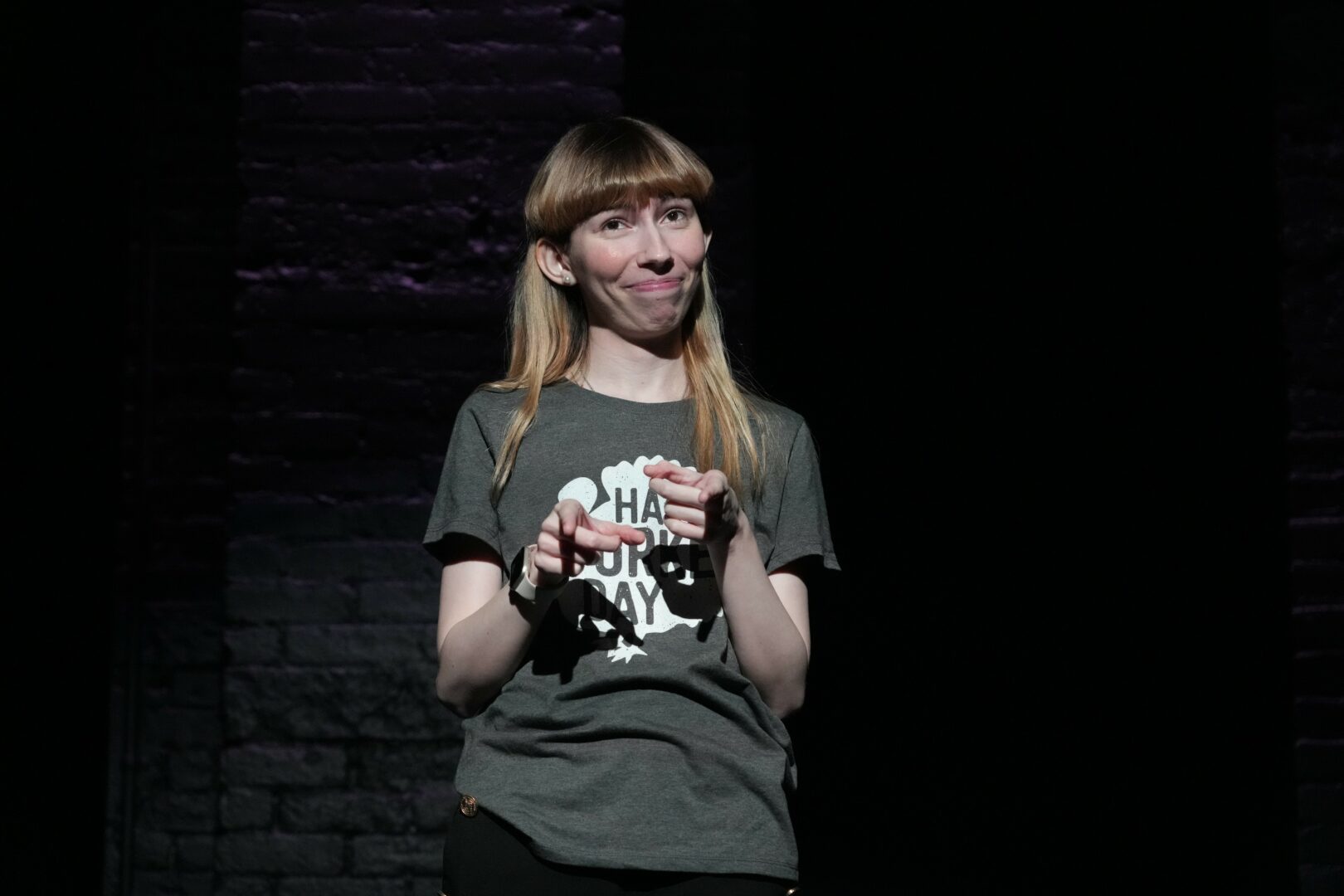
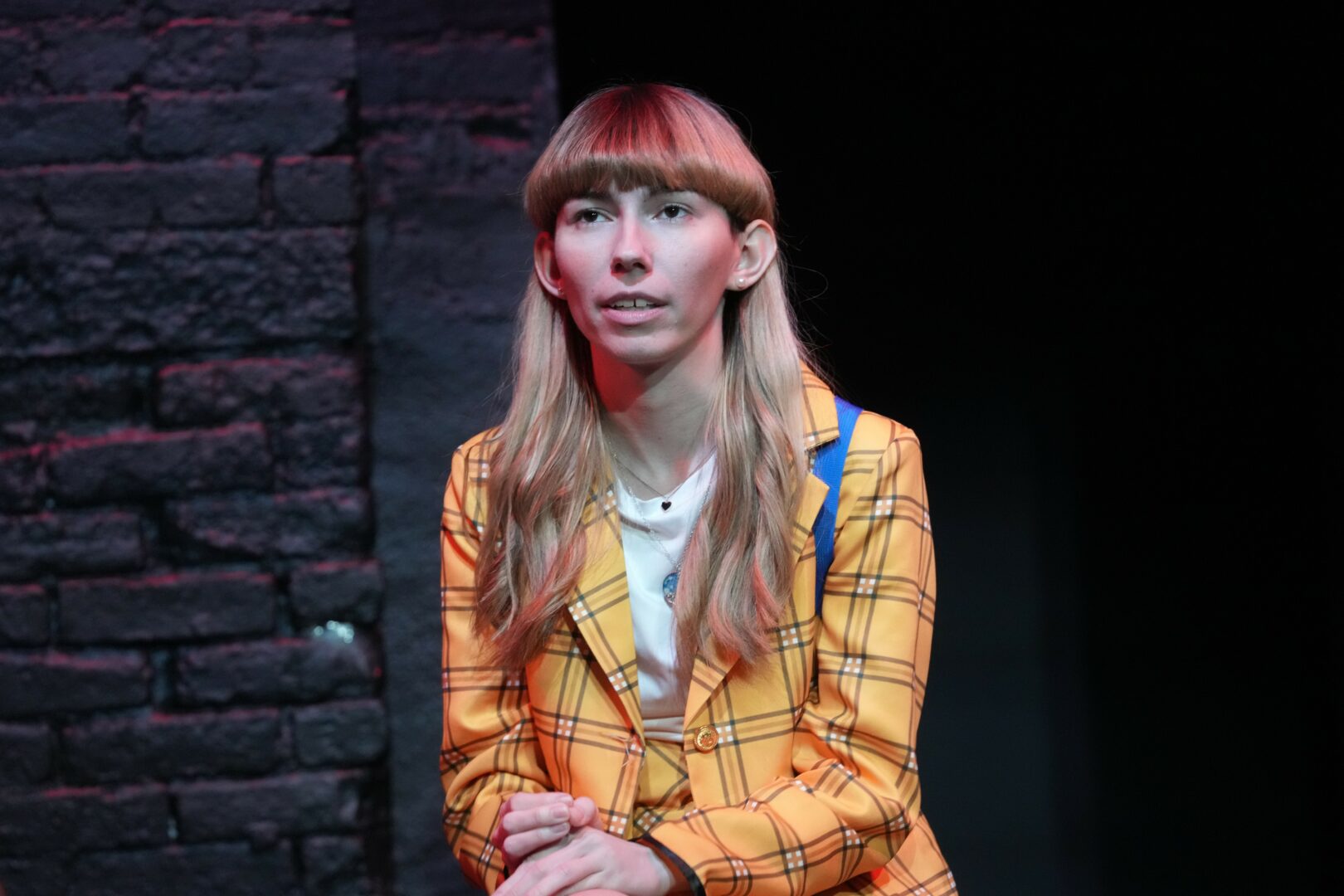
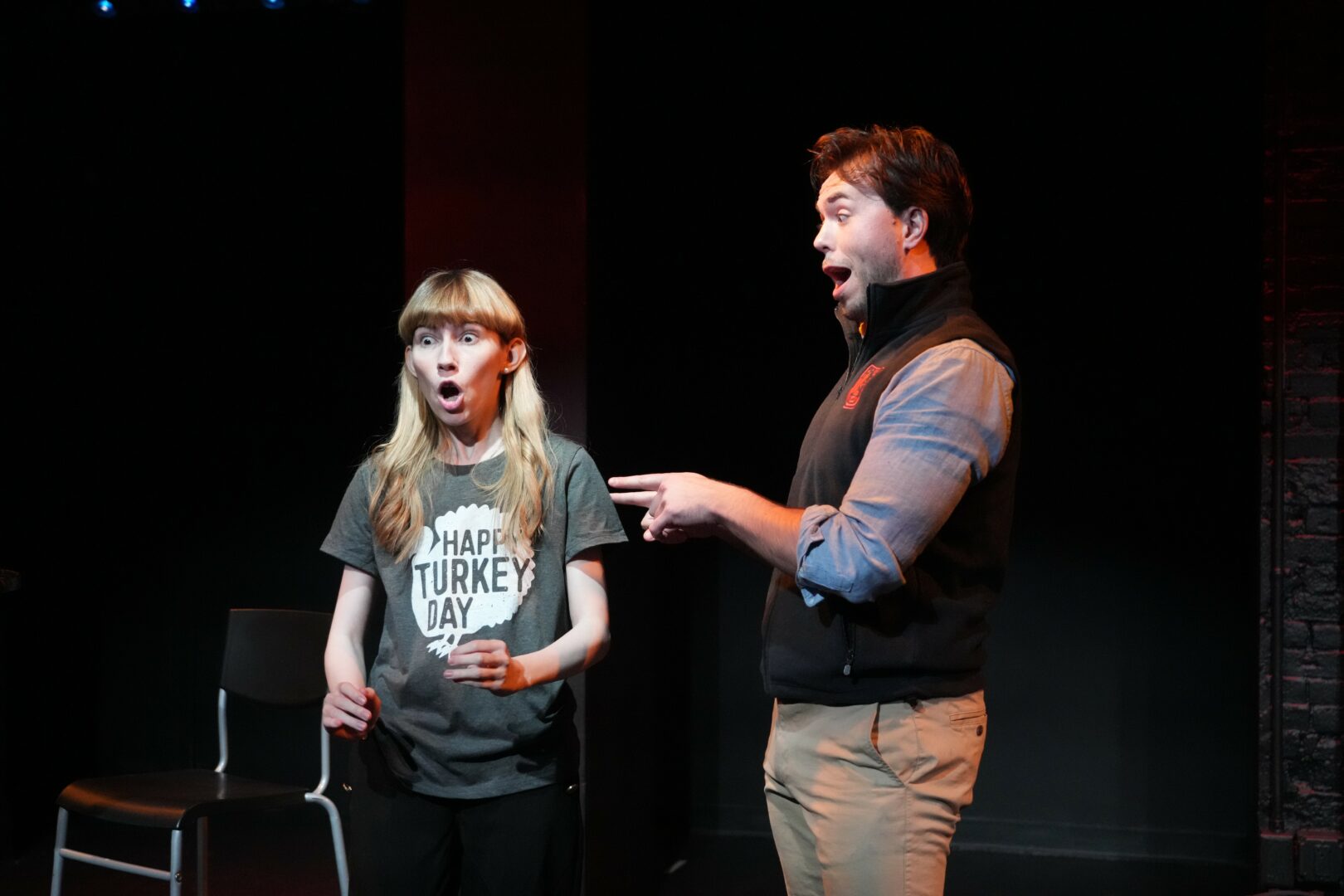
Image Credits
Photographer: BECCAvision
Assistant: Sara Pizzi
Photographer: Steven Pisano
so if you or someone you know deserves recognition please let us know here.

